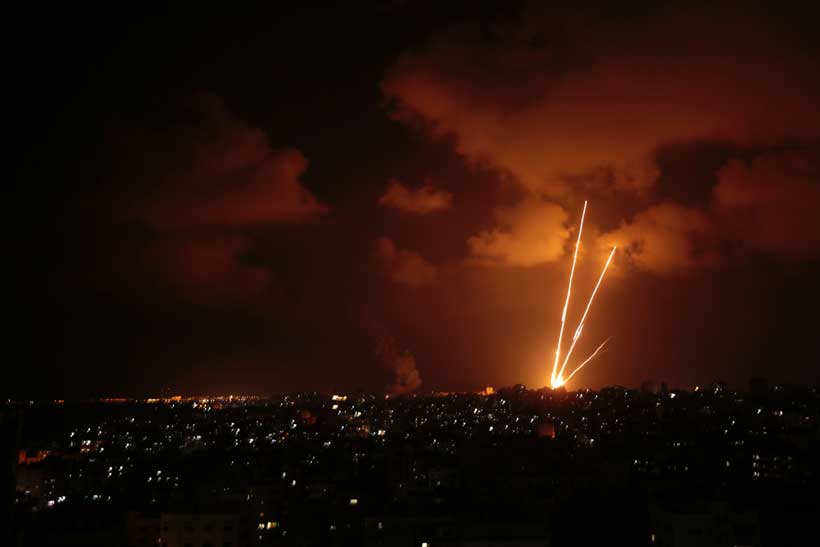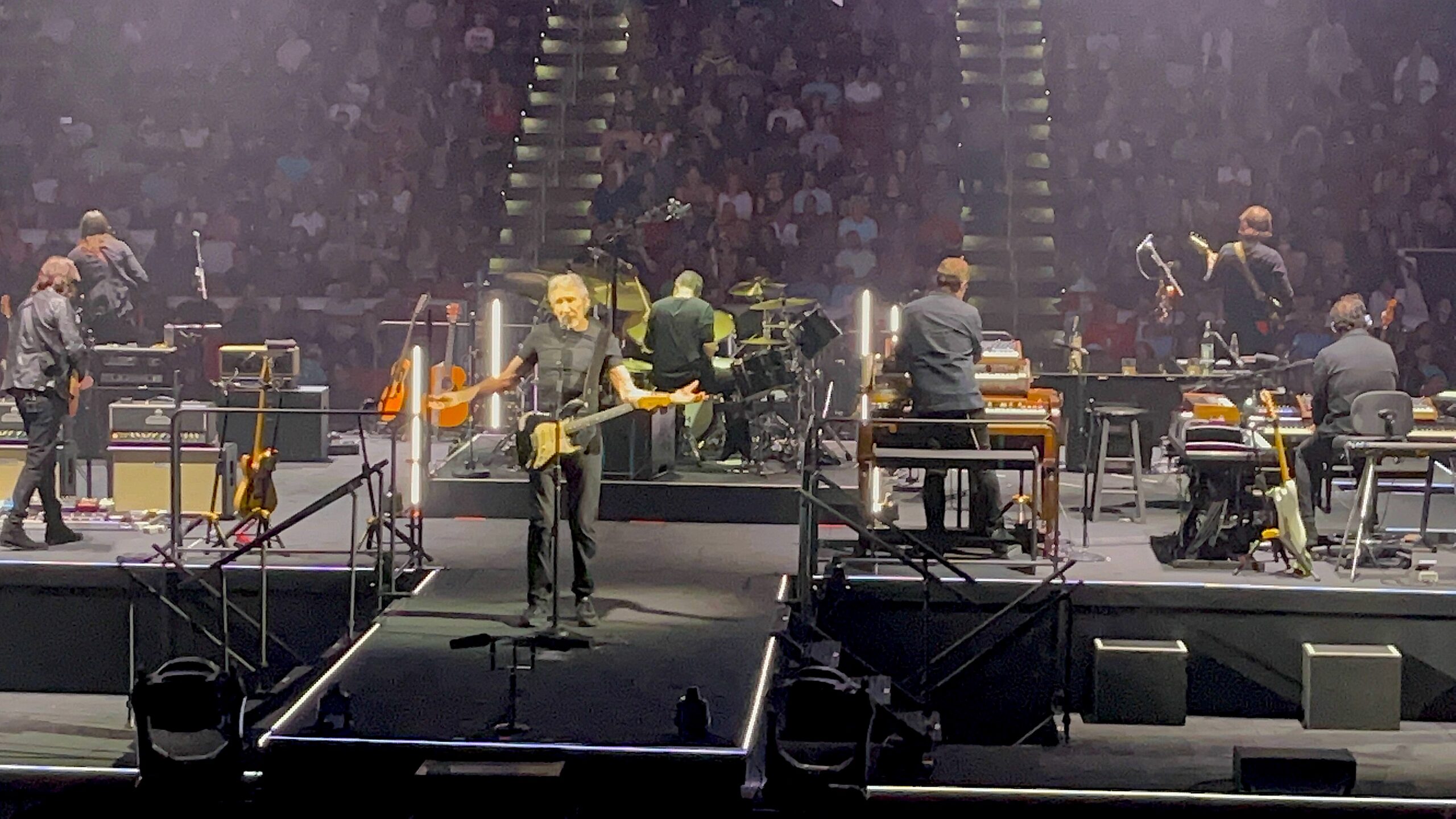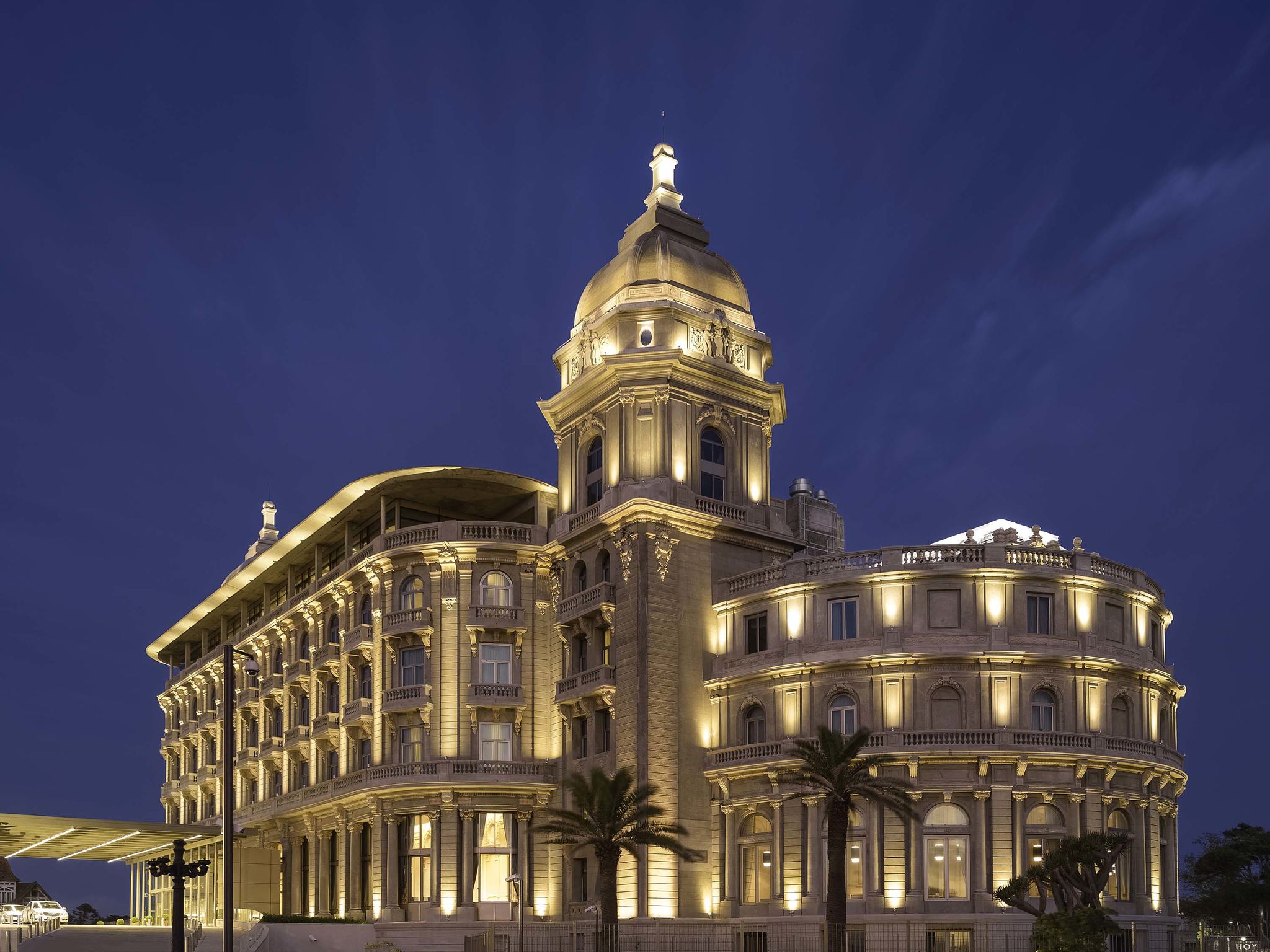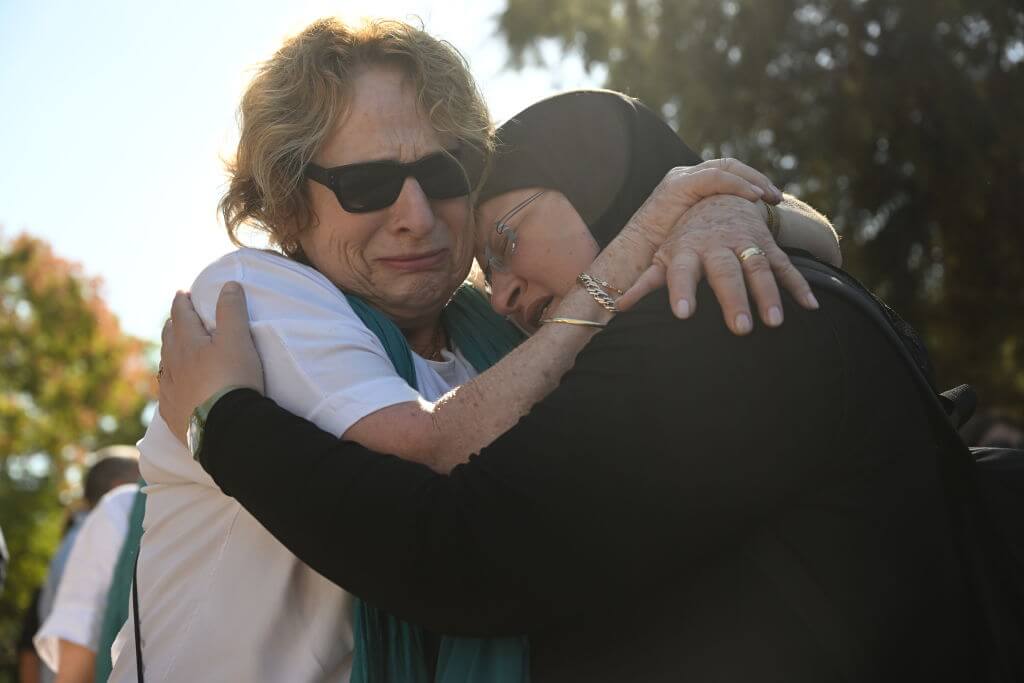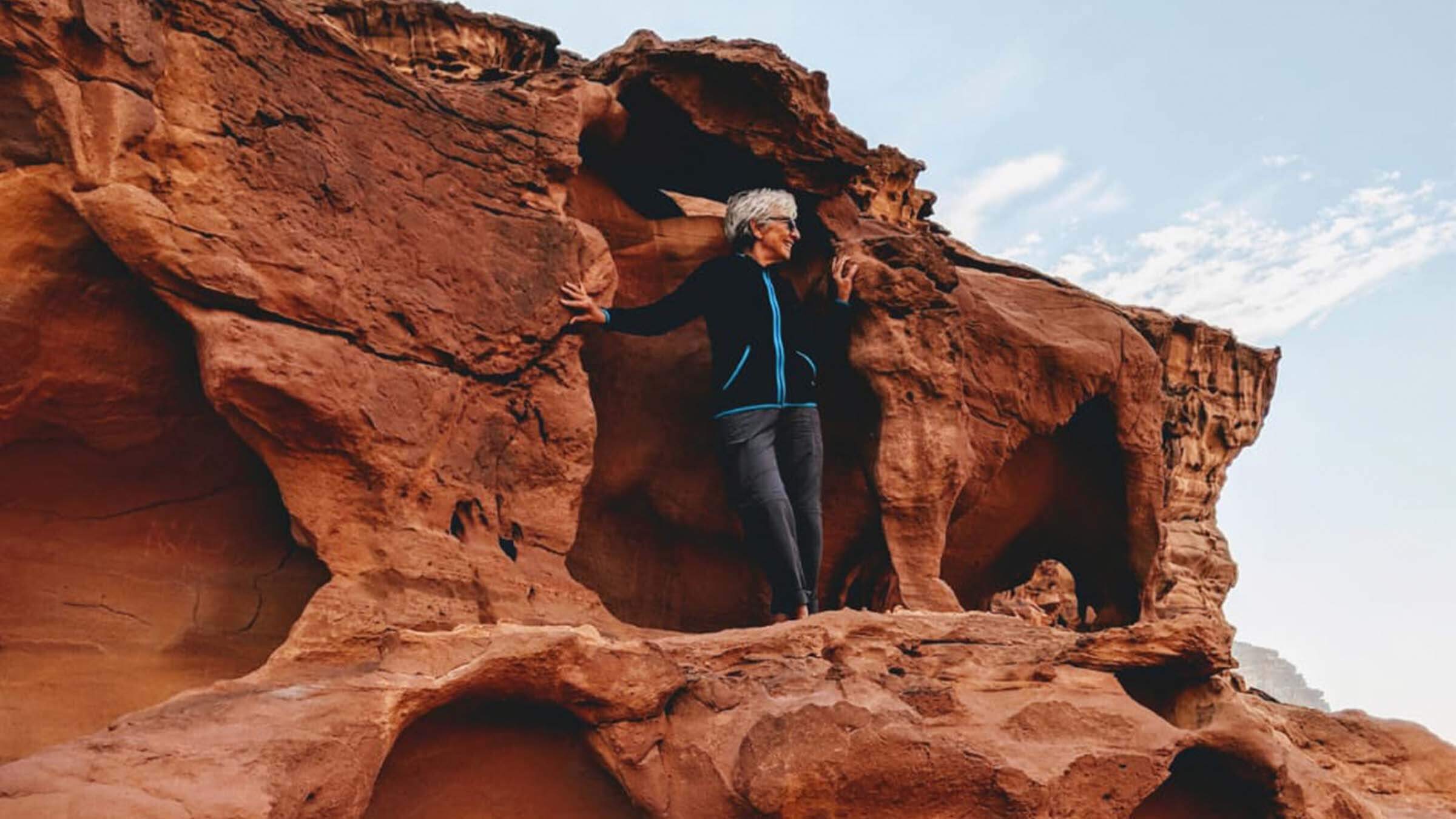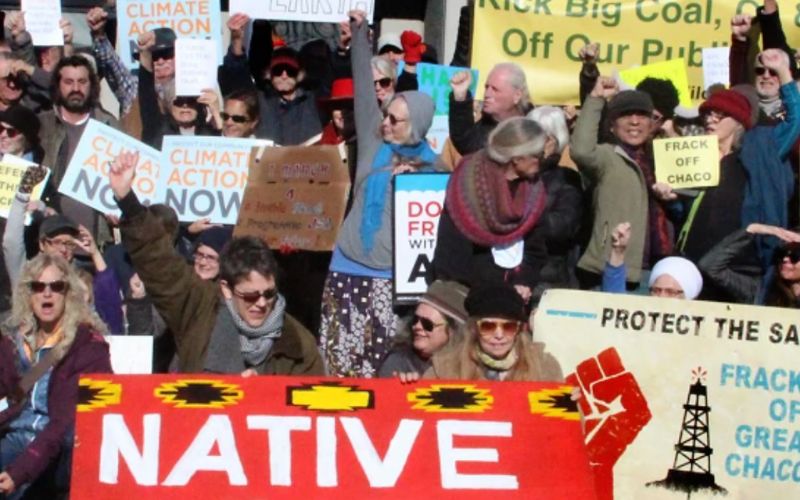The Economist: From Gaza to Ukraine, wars and crises are piling up
An Israel-Hamas war in Gaza threatens to spread across the Middle East, with America and Iran facing off in the background.
An israel-hamas war in Gaza threatens to spread across the Middle East, with America and Iran facing off in the background. The Ukraine war, Europe’s largest since 1945, shows no sign of ending. Chinese jets and warships now menace Taiwan in growing numbers and with increasing frequency. Looming elections on the island are likely to bring more tension. Civil conflict in Mali, Myanmar and Sudan has worsened in recent weeks, too. But America and its allies cannot intervene in today’s crises as easily or cheaply as they once did, writes ‘The Economist’.
Adversaries such as China and Russia are more assertive, and working more and more together. So too are non-aligned powers, including India and Turkey, which have growing clout to shape distant events and believe that a new and more favourable order is emerging. And the possibility of a war directly between major powers hangs over the world, forcing countries to keep one eye on the future even as they fight fires today. The mix is stretching the capacity of Western diplomats, generals and leaders to its limits.
The large powers are becoming more polarised on issues where they might once have pushed in the same direction. In the Middle East, for instance, Russia has moved closer to Hamas, tearing up years of careful diplomacy with Israel. China, which in past wars issued bland statements urging de-escalation, has exploited the crisis to criticise America’s role in the region. Few Western countries talk to Russia any longer. And even dialogue with China is strained, despite the need to tackle joint problems like climate change — notwithstanding the fanfare which accompanied a meeting between Joe Biden and Xi Jinping in California on November 15th.
Another shift is growing convergence between America’s adversaries. “There really is an axis that is emerging between Russia, China, North Korea and Iran, which rejects their version of the American-led international order,” says Stephen Hadley. He sat on America’s National Security Council in the 1970s and the Pentagon in the 1980s before becoming national security adviser to George W. Bush in 2005.
Moreover, each crisis not only involves more enemies, but also more players in general. The leaders of Australia, Japan, New Zealand and South Korea have all attended the past two nato summits in Europe. Ukraine’s counter-offensive this year could not have happened without an infusion of South Korean shells. Turkey has established itself as an important arms supplier throughout the region, reshaping conflicts in Libya, Syria and Azerbaijan with its military technology and advisers. European countries are planning more intensively how they might respond to a crisis over Taiwan. Crises thus have more moving parts to them.
That reflects a broader shift in the distribution of economic and political power. The idea of “multipolarity”, which refers to a world in which power is concentrated not in two places, as in the cold war, or in one, as in the American-dominated 1990s, but in several, has entered the diplomatic mainstream. In September, Subrahmanyam Jaishankar, India’s influential foreign minister, noted that America, facing the “long-term consequences of Iraq and Afghanistan”—a nod to two failed wars — and relative economic decline, “is adjusting to a multipolar world”.
The result of all this is a sense of disorder. America and its allies see growing threats. Russia and China see opportunities. Middle powers, courted by larger ones but concerned by the growing dysfunction of institutions like the World Trade Organisation and the United Nations, see both.
The new world disorder is putting the institutional capacity of America and its allies under stress while stretching their military capabilities. Start by considering the institutional pressure. The cold war, Mr Hadley argues, was an “organised world”. There were global challenges, he acknowledges, but many were subsets of the larger superpower struggle. “For post-cold-war national security advisers,” he says, “it’s more like cooking on an eight-burner stove with every burner having a pot, and every pot just about to boil over.”
A world in which more crises occur together poses two sorts of challenges to those tasked with managing them. One is the tactical problem of fighting several fires at once.
The expectation that top officials represent their country in a crisis often puts enormous pressure on a handful of people. Antony Blinken, America’s secretary of state (photo), has spent almost every waking hour shuttling between Middle Eastern capitals over the past six weeks. He recently flew from the Middle East to Tokyo, for a meeting of g7 foreign ministers, then to India, and on to San Francisco.
Even if diplomats can successfully spin multiple plates, the concurrence of crises presents a larger, strategic problem when it comes to military power. The current crisis in the Middle East shows that military power is a scarce resource, much like diplomatic bandwidth. Even in recent years, Pentagon officials would boast that they were finally rebalancing naval power from the Middle East to Asia, after two decades of counterinsurgency in Afghanistan and Iraq. Now, under the pressure of events, the trend is reversing.
As the 2020s roll on, the red lights begin to flash. Many American intelligence officials, and some Asian ones, believe that the risk of a Chinese attack on Taiwan is greatest in a window at the end of this decade. Earlier, China will not be ready. Later, China will face the prospect of demographic decline and a new generation of Western military technology.
Even without a war, the West’s military capacity will come under enormous pressure in the coming years. The conflict in Ukraine has been a reminder of both just how much ammunition is consumed in big wars, but also how meagre Western armouries — and their means of replenishment — really are. America is dramatically upping its production of 155mm artillery shells. Even then, its output in 2025 is likely to be lower than that of Russia in 2024.
The violence in Ukraine and Gaza illustrates these stresses. Israel and Ukraine are fighting two different sorts of war.
What risks do America and its allies run by being so stretched across diplomatic and military realms? If the war in Ukraine stays an open sore in Europe and the Middle East remains ablaze, the West will struggle gravely should another serious crisis erupt. One risk is that adversaries simply capitalise on chaos elsewhere for their own ends. If America were bogged down in a Pacific war, for instance, Iran would surely feel more confident of getting away with a dash for nuclear weapons.
As in the cold war, each crisis, no matter how parochial or trivial, might come to be seen as a test of American or Chinese power, drawing each country in, ‘The Economist’ concludes.

